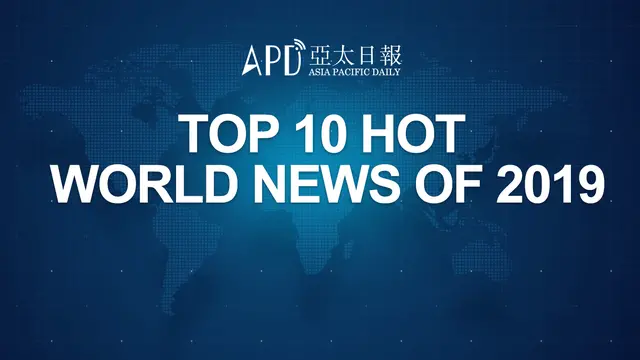The US Federal Reserve is keeping rates on hold for now, and the country’s overall economy saw a three-percent growth in the third quarter. But is the course going to change with the newest Fed chair?
Professor Sumit Agarwal from Georgetown University's McDonough School of Business says the next Fed chair will need to respond to proposed changes to taxes and spending policies under Trump.
Most people predict Republican Jerome Powell will be chosen. He's been a Fed governor since 2012, and is reportedly a relief to the market if named to succeed Yellen.
“Powell is not a rule breaker, he has an appropriate mix of commercial, academic and Fed experience, and is likely to continue with ongoing policies,” said Hong Hao, Chief China Strategist at BOCOM International Holdings.
However, George Selgin, Senior Fellow with Cato Institute, thought that being safe is not the most important quality people should be looking in a Fed chair.
“After all, for quite a few years, however it's one we can understand as being prudent from the White House's point of view,” Selgin said.
John Taylor, professor of Economics at Stanford University, is also a front-runner but more controversial.
Taylor is reported to potentially "rock the boat," perhaps by raising interest rates faster and by dismantling some of the unconventional monetary policies established in response to the last financial crisis.
But BOCOM’s Hong Hao said Taylor, as an equally experienced economist, is not likely to breach existing policies that have been putting the US economy back on track.
A former Fed governor, Kevin Warsh is seen as the biggest risk because he's been a consistent critic of Yellen's low-rate stimulus policies.
In the Fed’s latest statement, it points out that inflation remains at a low level so that, if there's no surprises, the path of future rate hikes looks to remain gradual.
“Inflation is still nowhere to be found globally, that’s the more concerning issue as central banks need to leave some leeway in the monetary policy to the possible next financial crisis,” Hong said.
(CGTN)
 简体中文
简体中文





